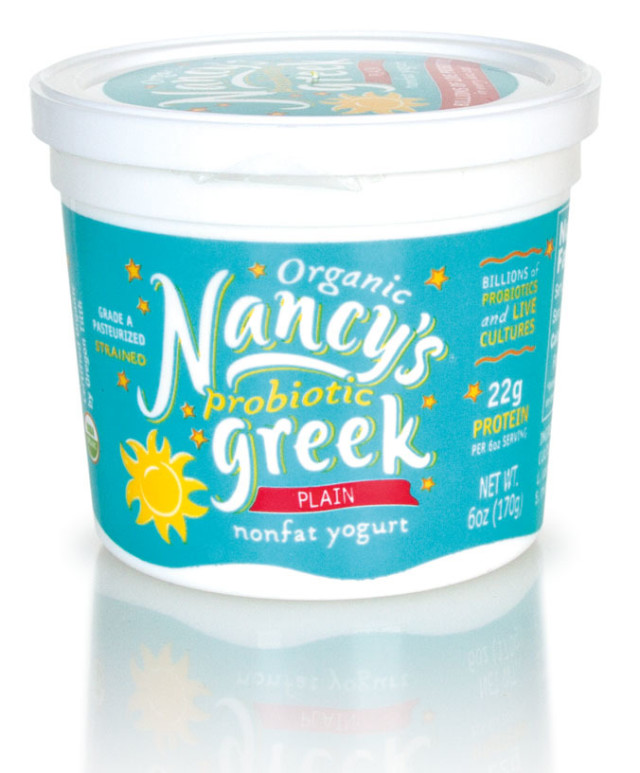This Probiotic Crusader Wants You to Get Cultured

Image: Nomad
Used wisely, antibiotics kill bacteria—but they kill good bacteria along with the bad. Probiotics, meanwhile, boost “friendly” bacteria, improving digestion while aiding immune health. In 2005, when Dr. Robert Martindale was hired by Oregon Health & Science University, he initiated a “probiotic protocol,” requiring the hospital to serve yogurt to every patient receiving antibiotics. We talked to Martindale about how probiotic foods can improve your gut health and even help prevent common hospital-acquired infections—one ounce at a time.
How did you get interested in probiotics? Probiotics have been a passion since 1999 when I worked with Stig Bengmark, one of the fathers of the movement. He is from Sweden and a great scientist.
Why is it so important that hospital patients take probiotics? Studies show they prevent virulent infections such as Clostridium difficile (C. difficile), antibiotic-resistant enterococci, and ventilator-assisted pneumonia (a hospital-acquired pneumonia that can occur in patients who are on a ventilator). We also saw a significant drop in antibiotic-associated diarrhea among patients who took kefir, a fermented yogurt drink.
How much kefir do nurses administer? An eight-ounce carton of Nancy’s kefir is $1.10. In the ICU we give the patients just one ounce, twice a day. Each carton contains 50 billion bacteria. Yoplait doesn’t work—it doesn’t have any probiotics in it.
How often should the average healthy person be eating fermented foods? And do probiotic supplements work just as well? We don’t really know, but most people say on a daily basis. I’m a firm believer that we can administer probiotics cheaper and more effectively by eating them. The problem is that a lot of the pills on the market aren’t consistent—there are no strict regulations. There is only a 30 percent correlation between what they say is in there and what’s actually in there.
So do you eat yogurt rather than take probiotics when you travel to a developing country? Yes. I usually know the place I’m going and I buy local yogurt. But if you don’t have that ability, then I would recommend Culturelle, which is made of lactobacillus GG. The State Department actually recommends lactobacillus GG.
How much kefir do you drink on an average day? What about other fermented foods? After 30 years of studying nutrition, the one thing I do daily is put some probiotics in me. I’ll have kefir once a day usually. Or in the morning I have yogurt with granola for breakfast. I love kimchi—I like all those fermented foods—but I don’t really have access to them during the day. I don’t like kombucha.




